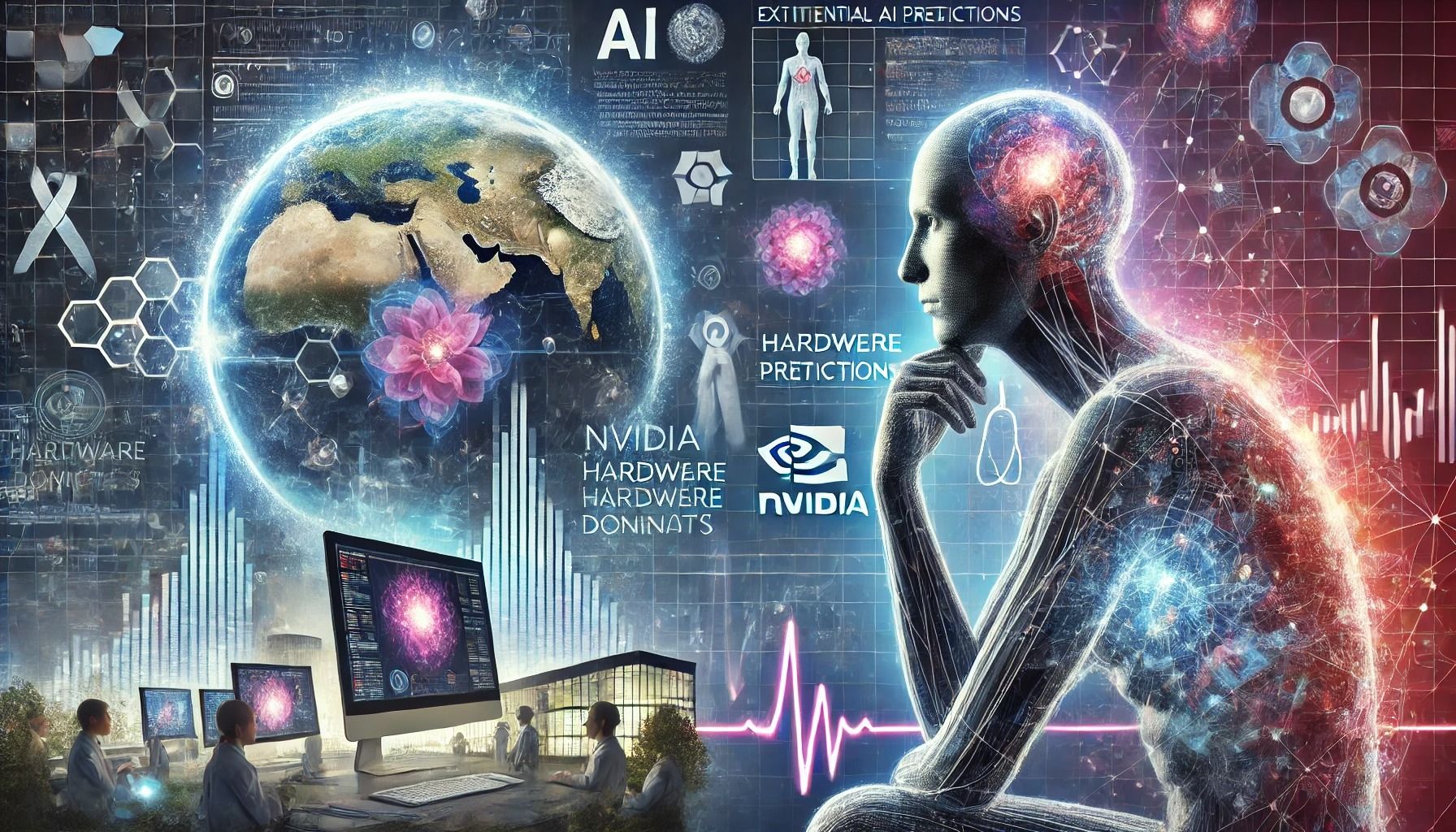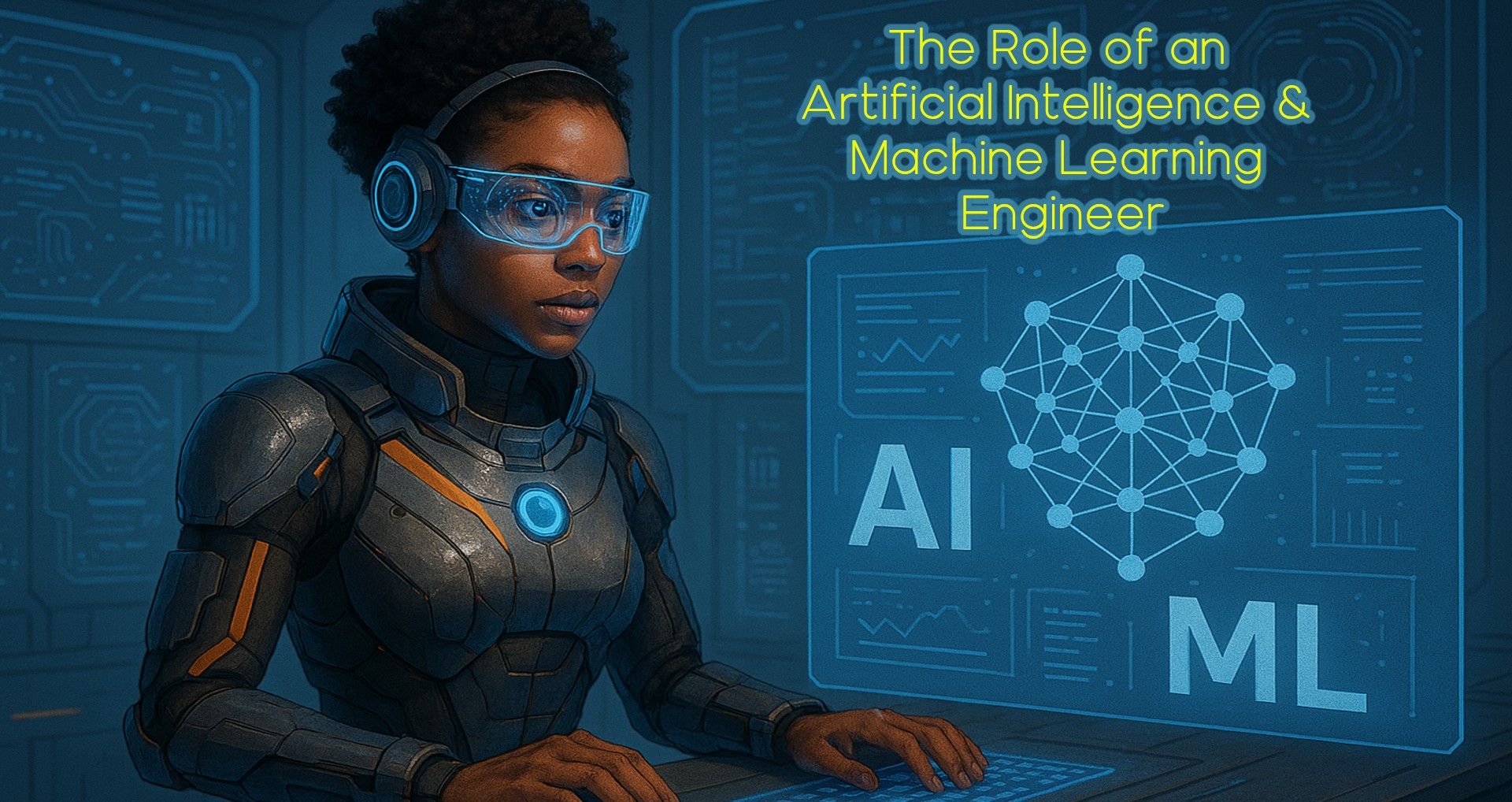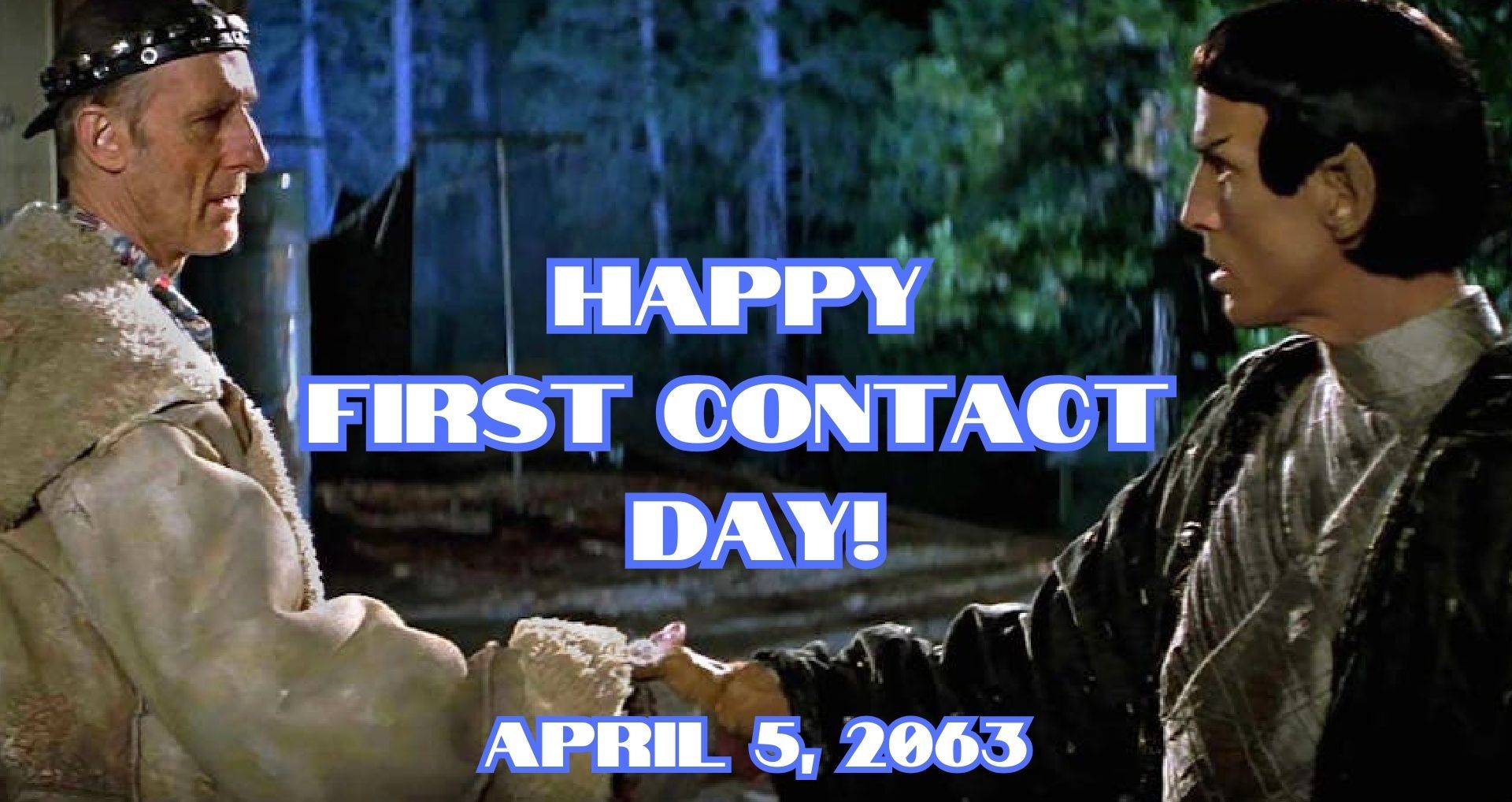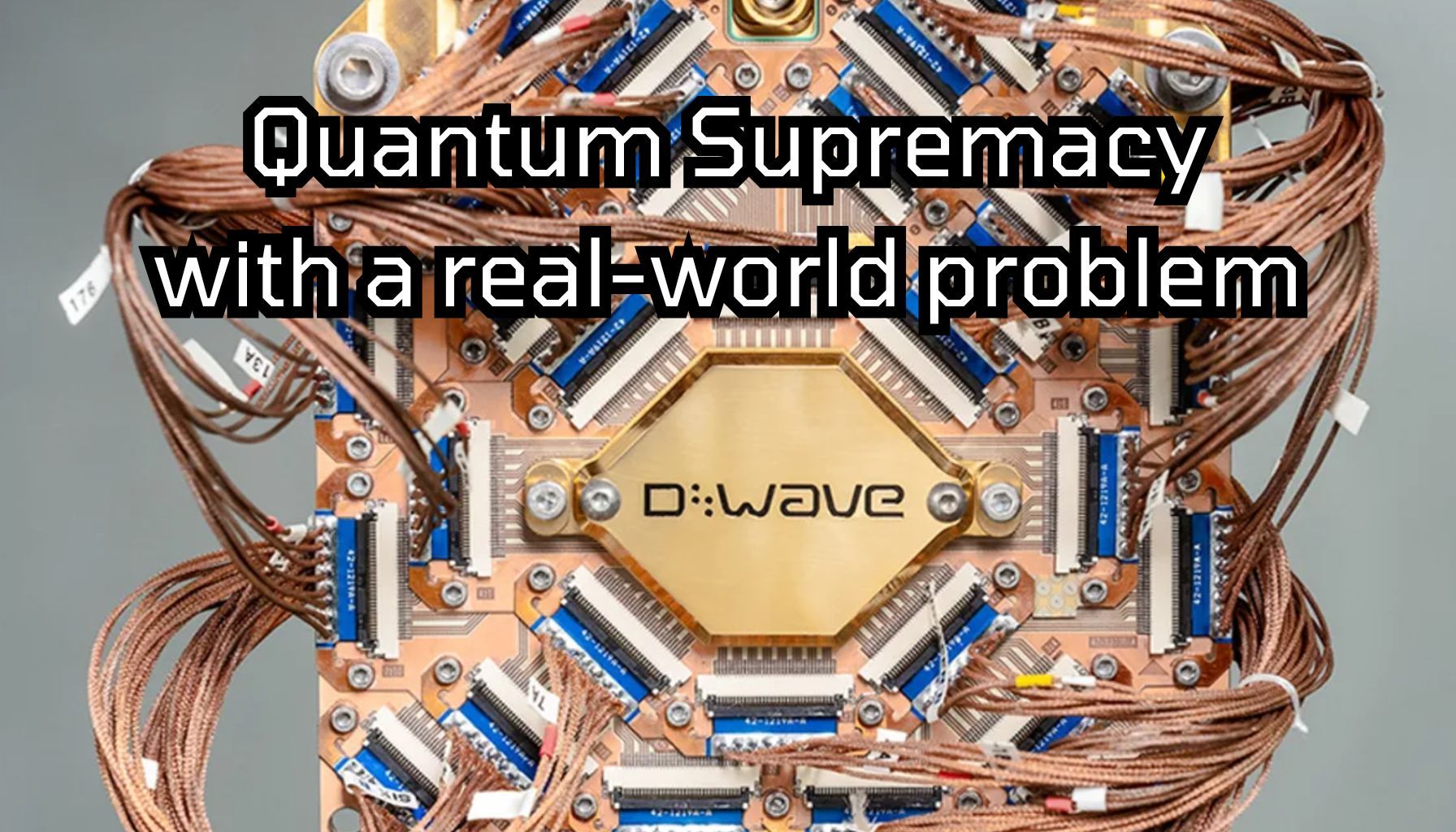
AI used for early cancer detection
Advancements in artificial intelligence (AI) are significantly enhancing early cancer detection across various medical fields:
-
Lung Cancer Diagnosis: A novel AI platform has been developed to analyze hematoxylin and eosin (H&E)-stained tissue samples, improving the accuracy of lung cancer diagnoses. This tool aids pathologists in identifying cancerous cells more precisely, facilitating earlier and more personalized treatment plans.
-
Viral Infection Detection: The AI system, AINU, can detect cellular changes as early as one hour after infection by viruses like herpes simplex virus type-1. It identifies subtle variations in DNA packaging within cells, indicating early viral activity and potential malignancy.
-
Blood Test Innovations: AI-powered blood tests are revolutionizing early cancer detection by analyzing biomarkers to identify multiple cancer types at stages where they are more treatable. This technology promises to improve long-term survival rates by enabling earlier interventions.
-
Comprehensive Cancer Analysis: A new AI tool can diagnose cancer, guide treatment decisions, and predict patient survival by analyzing complex medical data. This multifaceted approach supports clinicians in developing more effective, individualized treatment strategies.
These AI-driven advancements are poised to transform cancer diagnostics and treatment, offering hope for improved patient outcomes through earlier detection and more personalized care.
Source: https://www.thebrighterside.news/post/cutting-edge-ai-dramatically-improves-early-cancer-diagnosis/
Four AI predictions for 2025
The Financial Times article "Four AI predictions for 2025" discusses anticipated developments in artificial intelligence for the upcoming year. Key points include:
-
Advancements in AI Reasoning: As the strategy of increasing data and computing power yields diminishing returns, focus is shifting towards models capable of multi-step reasoning and agent-like capabilities to drive AI progress.
-
Emergence of AI 'Killer Apps': While AI tools have been integrated into various applications, a transformative 'killer app' is yet to emerge. Concerns about reliability may delay the release of such applications that fully manage users' digital lives.
-
Nvidia's Continued Dominance: Despite competition from tech giants developing custom AI chips, Nvidia is expected to maintain its leadership in AI hardware through upcoming product cycles.
-
Sustained AI Investment: The AI investment boom is likely to persist, driven by significant spending from major tech companies. However, broader economic factors and investor confidence could introduce volatility in the market.
Source: https://www.ft.com/content/9978baaf-1f48-4e2c-bcfc-dc34d48e6e4c
Odds of AI causing human extinction are up
Geoffrey Hinton, a prominent figure in artificial intelligence, has increased his estimated probability of AI causing human extinction within the next 30 years to 10-20%, citing the technology's rapid advancement. He emphasizes the unprecedented challenge of controlling entities more intelligent than humans, noting the rarity of less intelligent beings managing more intelligent ones. Hinton advocates for government regulation to ensure AI development prioritizes safety, expressing concern that leaving it solely to corporate profit motives is insufficient. He warns that AI could surpass human intelligence within two decades, making humans akin to "toddlers" in comparison. In contrast, AI researcher Yann LeCun argues that AI could potentially prevent human extinction rather than cause it. Hinton's concerns align with broader apprehensions in the AI community about the existential risks posed by advanced AI systems.
Why hasn't anyone used AI to crack the Voynich Manuscript yet?
This is a personal request to any AI developers reading this. Please decipher this!
















